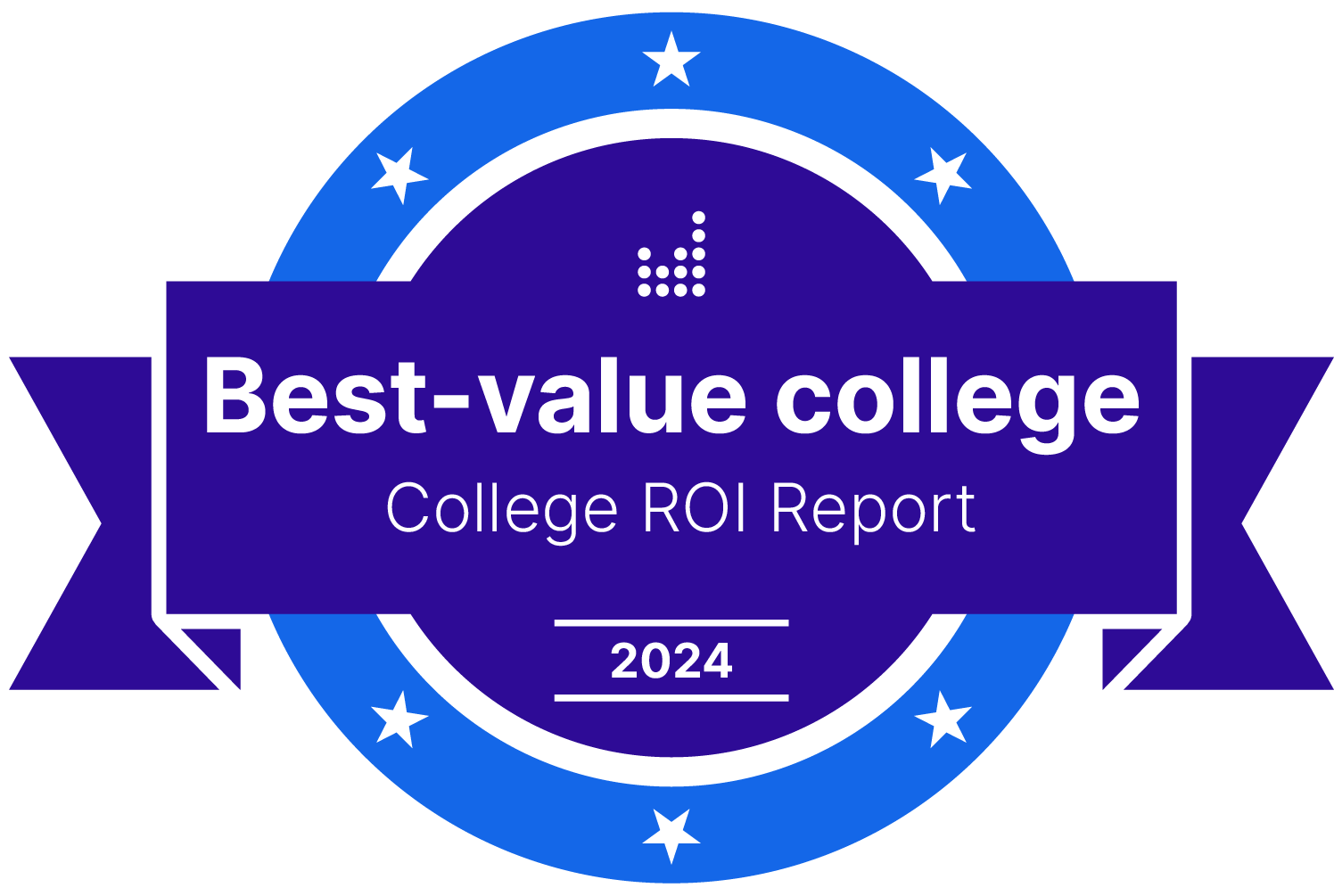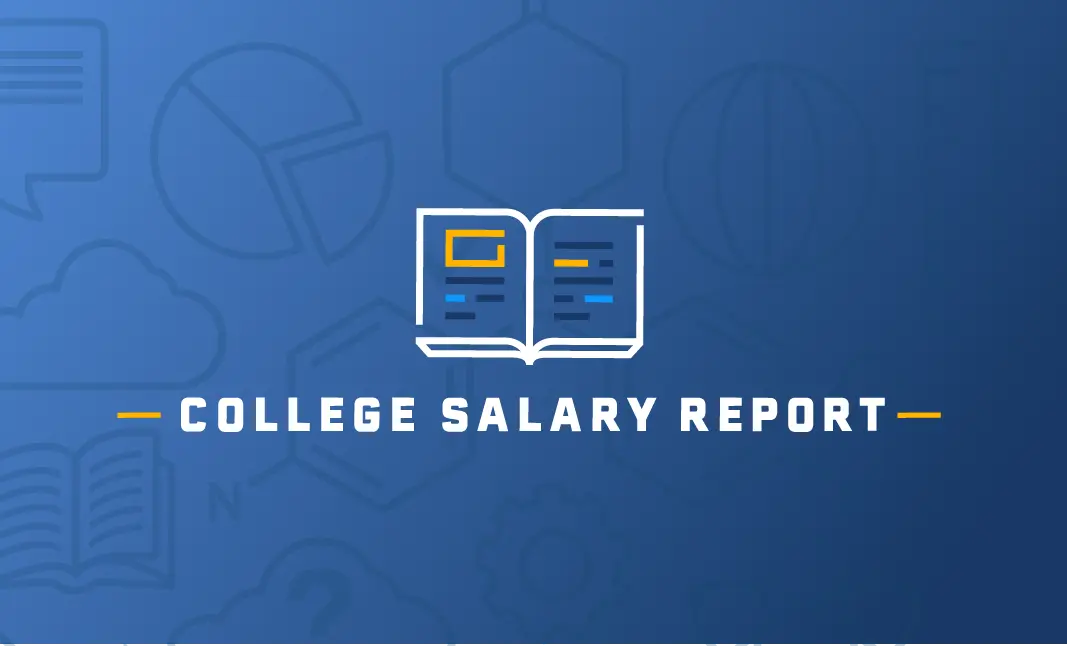Payscale’s College ROI Report was created to help answer the question: “What is the value of a college degree?” While nobody can put a dollar amount on the value of education, Payscale’s College ROI Report is meant to help students and their families think about the financial implications of choosing a college and drill down in the rankings by type of school.
Main school types:
Main types include In-State Public Schools, Out-of-State Public Schools, Not-for-Profit Private Schools, and Military Service Schools, which are designated on the complete list of best-value colleges by ROI. For-profit private schools are not included in Payscale’s analysis of best-value colleges.
Total school types:
Using the tiles, you can dig into the best-value colleges according to school type. Note that colleges can fall into multiple categories. For example, the Massachusetts Institute of Technology (MIT) is one of the best-value private colleges, one of the best research schools, and one of the best engineering schools among other potential categories.
If you filter by school type, you’ll see some interesting trends. For example, engineering schools provide the highest return on investment by type overall. This doesn’t mean that a degree from an Ivy League School is a worst investment than a degree from an engineering school. Rather, it is a reflection of the fact that students who major in STEM (science, technology, engineering and math) subjects are more likely to go into high-paying jobs right out of college. Students who major in other subjects, like humanities, social sciences, and liberal arts, tend to take a longer time to settle into a career path, and don’t see such high incomes consistently.
No matter what school you have your heart set on, you can use Payscale’s College ROI Report by school type lists to make sure you are making a smart financial decision when it comes to the value of a college education.
Public Schools: Publicly funded colleges. Note that public schools have two entries, one for in-state colleges and one for out-of-state colleges as residents of the state pay less than out-of-state students.
Private Schools: Privately funded colleges
Liberal Arts Schools: Private schools, usually with smaller enrollments and with an emphasis on non-pre-professional undergraduate studies. Liberal Arts schools can and usually do offer science, technology, engineering, and math majors, but usually do not offer pre-professional degrees like business, nursing, and engineering.
Art Schools: Private schools that offer bachelor's degrees mostly or all related to the arts.
Business Schools: Any school (public or private), which grants more than 50 percent of their undergraduate degrees in business, accounting, entrepreneurship, finance, human resources management, management information systems, and marketing majors based on self-reported public data.
Engineering Schools: Any school (public or private) which grants more than 50 percent of their undergraduate degrees in math, physical sciences, computer science, engineering, and engineering technology majors based on self-reported public data.
Research Schools: A school that grants Ph.Ds. and sponsors research.
Religious Schools: Any school with a religious affiliation, as defined by IPEDS.
Ivy League Schools: One of the 8 schools in the Ivy League, which are Harvard, Princeton, Yale, Penn, Dartmouth, Cornell, Columbia, and Brown.
Sports Schools: Colleges with a Division One football and/or basketball team.


